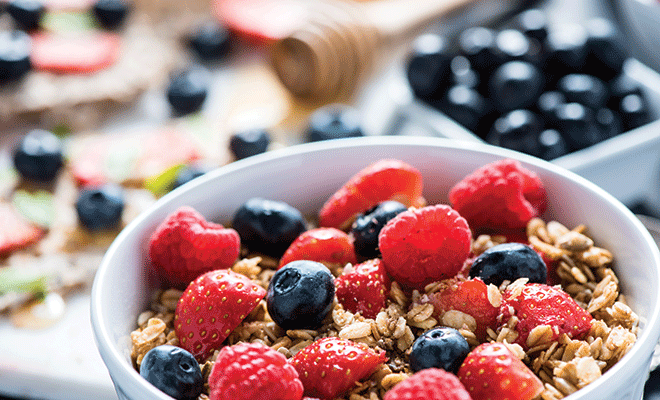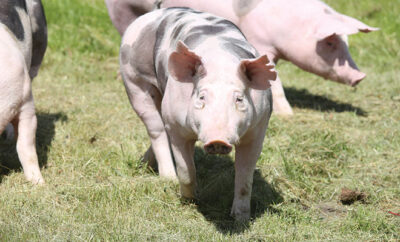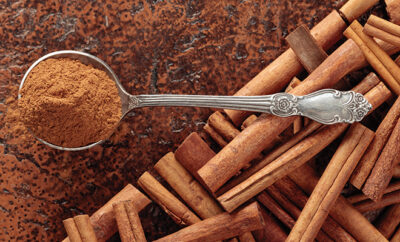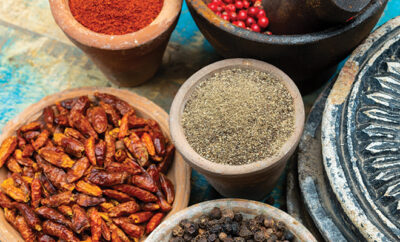
Beginning the day just right
When it comes to eating the first meal of the day, breakfast seems to be a love-it-or-leave-it meal. For some people, breakfast (meaning “breaking the fast” of a night’s sleep) really is the most important meal of the day. For others, it is unnecessary.
Is there a right or wrong opinion? Good question.
Let’s start with the youngest among us. Babies develop the skill of picking up small bits of food at about four months. There is one breakfast food shaped like a tiny doughnut that seems perfectly designed for this task: Cheerios™. This is a popular choice, as it is multigrain, low in fat, sodium and sugar and is gluten free.
Today, pediatricians support kid-friendly breakfast menus that offer a variety of healthy ingredients such as whole grains, fruit, nuts, yogurt and protein. But the grandparents of the youngest among us grew up in a different world. Who among the baby boomers can forget childhood breakfasts spent gazing at Tony the Tiger on a box of Frosted Flakes®? Cereal was joined by other options with the introduction of Pop-Tarts® in the mid-1960s. The 1970s brought with it the innovative “breakfast sandwich” when the Egg McMuffin became part of McDonald’s breakfast menu.
Since 1950, different schools of thought have evolved about eating breakfast. One is what I refer to as “breakfast is the most important meal of the day.” It’s interesting to note that companies such as Kellogg often funded studies supporting this theory. The opposing argument states “don’t watch the clock to decide when to eat; just eat when you’re hungry.” How you feel about breakfast is probably determined by your habits growing up, which may in turn be determined by your age.
Baby boomers breakfasted on sugary cereals, toaster pastries and fast-food breakfast sandwiches. In the years since, people in this age bracket received a personalized letter inviting them to join AARP. With age comes wisdom, including learning to make choices to maintain a healthy diet–healthy choices that include whole fruit, whole grains and lean meat. What a coincidence! This is the same healthy diet that pediatricians recommend for kids, with one exception: kids require more healthy fats to support their rapid growth.
Young children have a high demand for nutrients and healthy fats to support body and brain function. Teenagers do too, but they are more likely to stay up late and sleep in, which may mean sacrificing time to eat breakfast. If you or your kids are strapped for time in the morning, there are still quick and easy breakfast choices. To learn more about those choices, we can take a clue from the newest generation heading off on their own: the Millennials.
Cereal sales have been down the last few years. Cold cereal with milk, beloved by baby boomers, is just not working as a breakfast choice for Millennials, according to a recent study by the marketing firm Mintel. One reason cited is that cereal is a deal-killer. What’s the problem? Cereal involves a lot of work. First you pour cereal in a bowl, then the milk, and when you’re finished the bowl and spoon must be washed. Those lazy Millennials! They want to get a trophy for showing up, but don’t want to fix breakfast. Right? Well, maybe not. Does it make sense that, after seeing generations of people thriving on cereals with brand names such as Sugar Smacks, we should disdain a generation that dislikes cereal?
Breakfast cereal is a processed food that is not cheap, and is often higher in calories and sugar than other foods. Does this mean that Millennials won’t buy processed foods? No, not at all. At the same time cereal sales have dropped, sales of snack foods have increased. The most popular snacks that Millennials prefer are healthy, tasty, high in protein, and most important, they are portable. Remember that Millennials grew up after 2002 and were bombarded with information about obesity in America. This has informed their decisions about food, which is why the most popular snacks are organic and contain superfoods. These choices include snacks such as Greek yogurt, nuts and organic protein such as bison jerky. Millennials value food integrity and organic ingredients, but they also value the convenience of processed foods, as long as those foods are high in flavor and nutritional value.
So who wins the breakfast wars? The answer is that we all do. If you like breakfast, great! If you don’t, that’s fine too. Studies show that kids who have breakfast perform better academically, but adults who skip breakfast are just as healthy as those who don’t. The important thing is how you eat throughout the day.
As it turns out, breakfast is just another meal. HLM
Sources: bakeryandsnacks.com, millennialmarketing.com, ncbi.nlm.nih.gov, theatlantic.com, thekitchn.com and vox.com.







